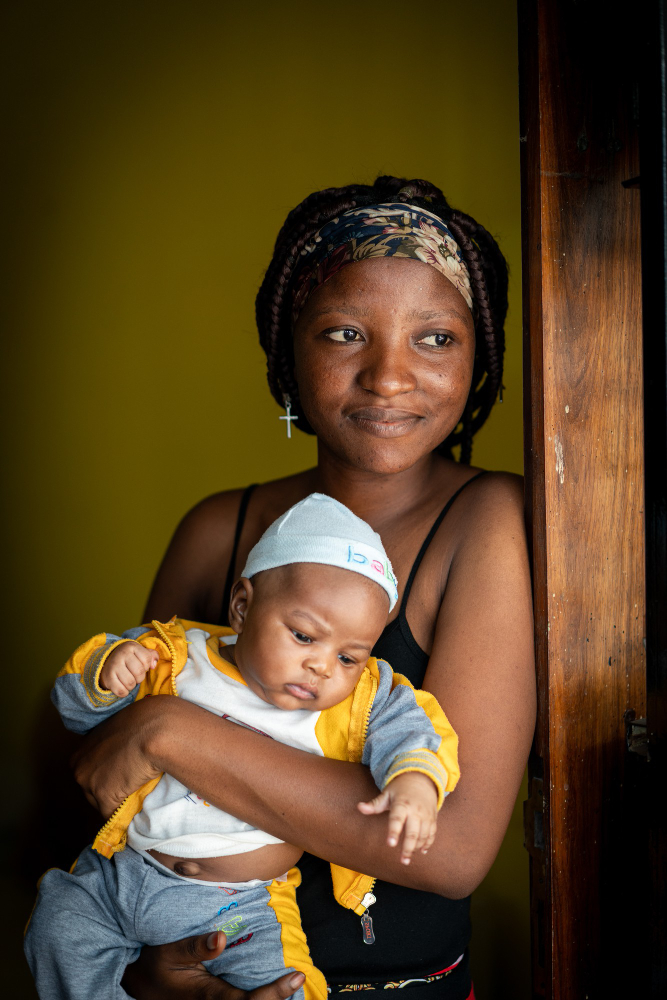Our goal is to conduct a multi-country test accuracy study using lactate testing to improve maternal sepsis identification. Study sites are in Malawi, Pakistan, and Uganda.
Problem
Sepsis in pregnancy, childbirth, post-abortion, or during the postpartum period is the third leading direct cause of maternal death worldwide, accounting for 11.5% of maternal deaths and disproportionately affecting low and middle-income countries (LMICs). Pregnancies complicated by severe sepsis and septic shock are associated with increased rates of preterm labour and delivery. The infections in pregnancy causing sepsis are different to those in a typical adult medical population, and the co-morbidities are also different. Blood lactate measurement is widely used as a key part of sepsis management, but we don’t know how well it performs in pregnant women or in a low resource context.
Intervention
The aim is to investigate if a lactate measurement has added benefit over conventional maternal vital sign assessment in the diagnosis of sepsis and identification of women at risk of severe morbidity or mortality.
Population
The study enrolled women aged 16 and over who had a suspected or confirmed maternal infection requiring inpatient care, or who were currently hospitalized and pregnant or within 6 weeks of the end of their pregnancy. The study will last 33 months, with one year of active enrollment. Malawi’s active recruitment began on July 20, 2022. On June 23, 2023, all sites completed 500 planned recruited participants.
Outcomes
Primary: To determine the diagnostic accuracy of maternal venous lactate measurement in addition to maternal vital sign thresholds, in maternal sepsis in a low-resource health facility setting.
Secondary: To compare the immediate diagnostic value of lactate testing and explore if baseline venous lactate, in addition to vital sign measurements, improves prediction of severe morbidity and mortality from infection (sensitivity and specificity).
Design
A total of 500 women were recruited across all study sites with a minimum follow-up period on daily basis until day 14 as an in-patient or until death or discharge or transfer to another hospital.
Patient/public involvement
Maternal sepsis survivors were able to share their journey and experience throughout the disease’s progression and recovery.
Study Team
Chief Investigator: Professor David Lissauer, Principal Investigator: Associate Professor Luis Gadama, Co-Investigators: Dr Winnie Mhone, Dr Yamikani Chimwaza.
Trial Coordinator: Chifundo Ndamala, Research Clinical Officer: Zione Pondani, Senior Research Nurse: Emily Lifa, Research Nurse: Mercy Machilika, Esther Mwagomba and Smart Njowa. Field Research Assistant: Meliya Kwelepeta and Bernard Dossie.
Lead Data Manager: Lumbani Makhaza, Laboratory Technician: Vita Nyasulu and George Shaba, Administrator: Mercy Munthali, Ivy Madumuse and Angellah Mkupu.
Impact
The Lactate research findings will inform policy and result in an impact on practice globally.




